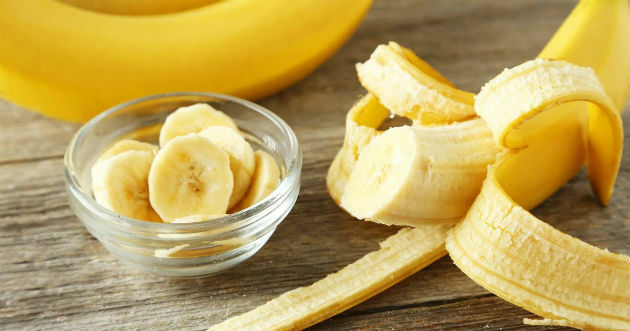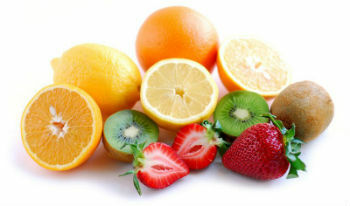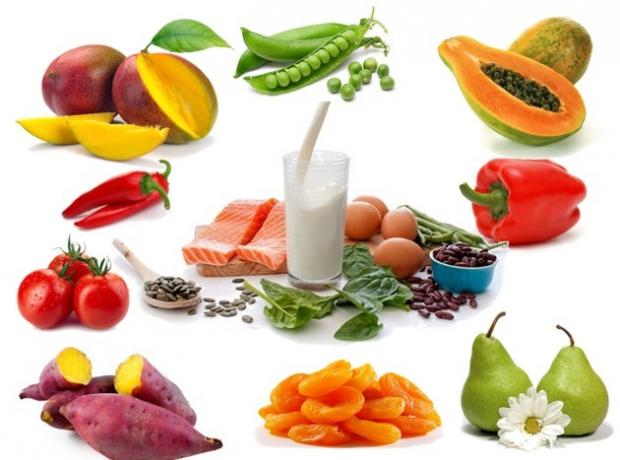Foods of animal origin are those originating from animal sources.
Foods can be differentiated according to their origin in:
- Animal food: Food from animals.
- vegetable food: Foods from vegetables such as vegetables, greens and fruits.
- Mineral Foods: Represented by water and mineral salts.
Animal foods can bring disease if they are mishandled or contaminated. For this reason, the sanitary agencies regulate, inspect and authorize the commercialization of products of animal origin.
In addition, some animal products are considered perishable, that is, they have an expiration date for consumption.
Examples
Check out some examples of animal foods:
Meat
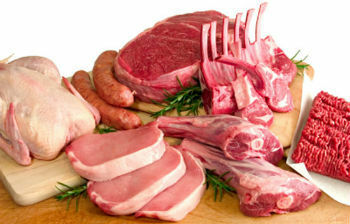
Meat can be from beef, pork, poultry and fish. The edible part of the animal is called meat.
In meat we find the highest amount of protein among all foods.
Meat is divided into two types:
- Red meat: Extracted from cattle, it is a source of proteins, fats, iron, sodium and potassium. Excessive consumption can be harmful to health, increasing the level of cholesterol and the chances of developing cancer and cardiovascular disease.
- White meat: Extracted from poultry and fish, it is considered healthier for having a lower amount of fat. It is the source of Omega 3, omega 6, proteins and vitamins.
Eggs

Eggs are rich in protein and nutrients.
The egg is divided into shell, yolks and whites. The husk is composed of calcium carbonate. The yolk contains proteins and vitamins. White is made up of water and proteins.
The egg has health benefits such as:
- Strengthening and growing muscles
- Increased feeling of satiety
- Contributes to brain health
However, it is important to observe the texture, color and consistency of the egg before consumption. If the egg is contaminated it can be a source of diseases, such as salmonellosis.
Read too:
- Protein rich foods
- Healthy eating
- World Food Day
- Food pyramid
- organic food
Honey
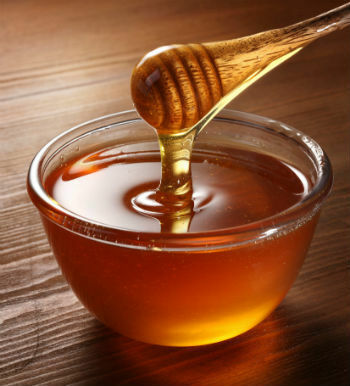
Honey is a product of the nectar of flowers stored in hives and produced by bees for their food.
Beyond the carbohydrates, honey is also a source of vitamins and minerals.
For human consumption, honey also has a series of benefits, including:
- Treatment of illnesses such as colds, coughs, sore throats and respiratory ailments.
- Energy supply.
- Skin hydration and burn healing.
- Cancer Prevention.
- Aid in weight loss.
Milk and its derivatives

Milk is the product of the secretion of the mammary glands of the mammal animals.
They are foods present in the diet of many people. Breast milk is the first food for human beings. After that, milk is included in the diet in various ways and through its derivatives.
They are foods derived from milk: the various types of cheese, curd, butter and yogurt.
Calcium is the most abundant mineral in these foods. We can also find calories, carbohydrates, proteins, magnesium, potassium, phosphorus and vitamins.
The benefits of milk and its derivatives in the diet are numerous, know the main ones:
- Prevention of osteoporosis.
- Improved health of bones and teeth.
- Weight loss.
- Prevention of type 2 diabetes.
See also:
- food origin
- Foods of mineral origin
- Vegetable foods
- Lipid-rich foods

